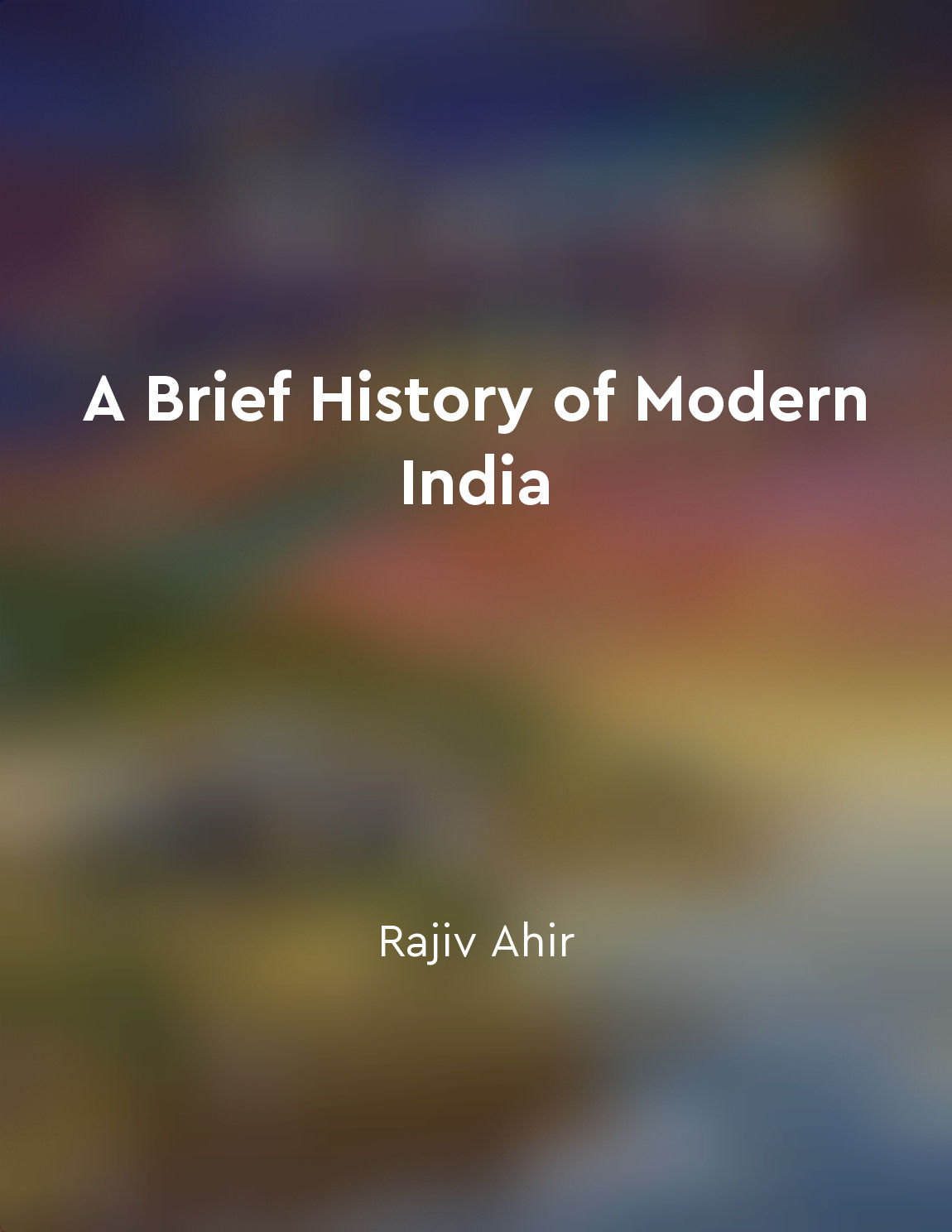Emergency period under Indira Gandhi from "summary" of A Brief History of Modern India by Rajiv Ahir
During her time as Prime Minister of India, Indira Gandhi declared a state of emergency in the country from June 25, 1975, to March 21, 1977. The Emergency period was a dark chapter in India's history, marked by a suspension of civil liberties, censorship of the press, and widespread human rights abuses. The Emergency was declared in response to political unrest and opposition to Gandhi's government, which was facing challenges from various groups, including student activists, labor unions, and opposition parties. During the Emergency, Gandhi's government arrested thousands of political opponents and activists, including leaders of the opposition parties and civil society organizations. The press was heavily censored, and many journalists were arrested or intimidated into self-censorship. The judiciary's independence was also severely compromised, with the government exerting significant influence over the courts. Gandhi justified the Emergency as necessary to maintain law and order and protect India's unity and integrity. However, many critics viewed it as a blatant power grab aimed at consolidating Gandhi's authority and suppressing dissent. The Emergency period witnessed a significant erosion of democratic norms and values in India, with the government using authoritarian tactics to silence its critics and maintain its grip on power. The Emergency was eventually lifted in 1977, following widespread protests and a resounding electoral defeat for Gandhi's Congress party. The period is remembered as a dark chapter in India's history, a time when the country's democratic institutions were severely tested and its citizens' freedoms were curtailed. The legacy of the Emergency continues to shape India's political landscape, serving as a reminder of the dangers of unchecked executive power and the importance of upholding democratic principles.Similar Posts
Stand firm in convictions
Gandhi believed that it was essential to hold steady in one's beliefs, even when faced with opposition or obstacles. He emphasi...
Jallianwala Bagh massacre
The Jallianwala Bagh massacre was a turning point in the history of India's struggle for independence. It took place on April 1...
Caste system in India
The caste system in India is a complex social structure that has been in existence for centuries. It is a hierarchical system t...
Current affairs must be linked to historical events for a comprehensive understanding
Understanding current affairs in isolation can only provide a superficial grasp of the events unfolding around us. To truly com...
Democracy was established as a guiding principle
The establishment of democracy as a guiding principle in India was not a smooth or straightforward process. It was a complex an...
Understanding the evolution of the Indian political system is important
To comprehend the dynamics of the Indian political system, it is crucial to delve into its evolution over time. This historical...

India's wars have been a testament to its commitment to peace and security
India's wars have not only been about conflict and violence but also about safeguarding its sovereignty and territorial integri...

